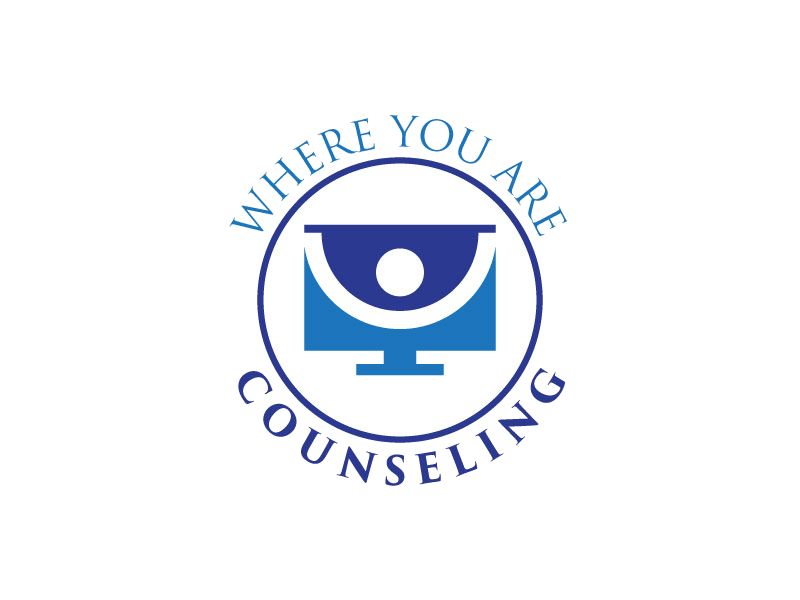Helping Children Cope With a Recent Divorce
Divorce is difficult, especially for children. According to family therapist Arden Mullen, there are potentially serious behavioral, social, educational, and psychological damages that children can experience after divorce. So it’s no wonder that divorcing parents worry that they’ll scar their kids for life. These are all important concerns and it’s best to keep an eye out for warning signs, but the fact remains that nearly half of all married couples divorce, and you and your kids can get through it together.
Communicate
Many children cling to hope that their parents will get back together, despite divorce being explained to them. It’s okay for them to have these feelings, but reiterate the finality of your decisions. Over time, you and your children will come to terms with the new family situation. In the meantime, encourage open and honest communication. Let your children know that their feelings are important, help them find ways to communicate how they feel, and always legitimize their feelings. Offer support for your child, and try to find ways to help them feel better, whether it’s taking a walk together or making a nightly phone call to your ex.
Communication with your ex will also be extremely important. You don’t have to be friends, especially right after signing the papers, but it’s better for everyone if you and your ex treat each other with mutual respect. You’ll have to coordinate pickup times and there will be weekends you’ll want to be with your kid and will have to let your ex have them.
With everything raw and new at first, it may take time to develop the distance needed to see everything clearly. Even if you have supportive friends and family, a good therapist can help you establish healthy communication. There are therapists for divorced couples and therapists for the kids. It might be best to plan for one instead of waiting until one is really needed.
Take Time to Grieve
Grief after divorce is a natural response to loss and it’s common after divorce. Even if your children don’t expressly say so, there are things you used to do together that might trigger their grief. They may feel sad or angry because they long for how things used to be. They may feel worried or scared about not seeing a parent during important celebrations or holidays. If possible, try to spend a small amount of time together as a family.
It may take time for things to develop into a new normal. There will be hiccups along the way. But if you’ve gotten divorced it was probably what needed to happen, and while it may not seem like it at first, the best thing for everyone involved. Be patient and take time to work on yourself. According to Divorcemag.com, if your kids see you happy and growing into the person you’ve always wanted to be, it will help minimize the pain.
Take steps to create a healthier home environment. Simply decluttering and keeping a clean home can lower stress. You can also let in more natural light and add some indoor plants. Give your home’s interior a new paint job or even spruce up old pieces of furniture by bringing in an upholstery service. Before choosing an upholstery shop, review feedback from past customers and always insist that they’re insured and licensed.
Make New Traditions and New Memories
After the initial shock it will be exciting to be able to do new things with your kids. You don’t have to say it, but there will be freedom in making decisions on your own. If you want to take a day trip to a state park or a nearby city, you can do that. You’ll learn more about your kids as they open up to you and you watch them grow up. The older they get, the more independent they’ll become, so go out of your way to spend time together while you still can. They’ll be reassured in the connection you still have and before you know it, you’ll have healed together.
Written by: Where You Are Counseling's guest blogger Emily Graham at mightymoms.net
If you need some extra support, Where You Are Counseling video-based therapy can help ensure your mental health needs are met in NJ or PA. Call (973) 512-3689 to schedule a free consultation.
